Resilience & Regrowth: Adopting the New Mindset for African Mining - 2-3 February 2021 (online event)
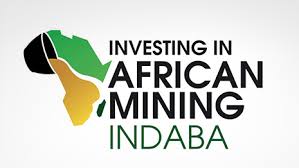
Times maybe uncertain, but one thing is for sure, February in the African mining industry means one thing, Mining Indaba. And whilst we’ll all miss the joys of Cape Town, we couldn’t let February pass without delivering the unmissable insights, multi-stakeholder discussions and keynotes you’ve come to expect from us these past 27 years.
Together with industry pioneers and government leaders, we will tackle everything from using mining to reboot national economies to embracing ESG in the boardroom and the rise of gold in the pandemic.
Demand from the Mining Indaba community to regroup has been overwhelming and we can’t wait for you to join us and major industry names to celebrate the resilience, innovations and spirit of our sector. We can’t wait to welcome you to Mining Indaba Virtual.
London: Investing in African Mining Indaba (Mining Indaba), part of Hyve Group Plc is honoured to announce that His Excellency, Mokgweetsi Masisi, President of Botswana has confirmed to deliver his presidential keynote address at the upcoming Mining Indaba Virtual.
UK - Africa Healthcare Forum - 25 March 2021 (online event)
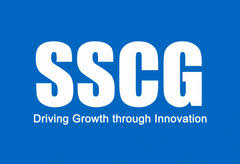
Investment, Technologies, Digital Health and Partnership Opportunities for Resilient Health Systems, Quality Patient Care and Services
About this Event
Join us for the virtual SSCG UK - Africa Healthcare Forum on Thursday, 25 March 2021 as we explore and discuss "Investment, Technologies, Digital Health and Partnership Opportunities for Resilient Health Systems , Quality Patient Care and Services " in Africa for UK organisations, companies, investors, entrepreneurs and suppliers.
Foresight Africa: Top priorities for the continent in 2021 - 27 Janvier 2021 (online event)
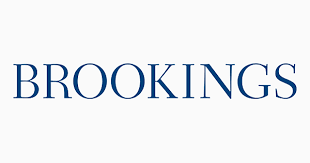
Beyond the staggering tragedy that is the death and illness of thousands of people the world over, the COVID-19 pandemic has also brought unprecedented economic disorder, decimating economies and livelihoods of citizens in rich and poor nations alike. Although the virus was slow to arrive on Africa’s shores, the economic impacts of the disease were not, as the global economy halted and Africa’s growing, largely service-based economy was forcibly shut down to preempt the disease’s spread.
As the region looks to open back up, African and world leaders have had to balance the health and economic wellness of the region. Global momentum and progress toward vital human development goals cannot just be dropped or forgotten, but efforts to recover from the immediate twin crises must also be bolstered. Indeed, now we must take stock of the lessons learned and, more importantly, consider what we can do better.
Top 10 Geopolitical Risks 2021 - 26 January 2021 (online event)

You are cordially invited to a webinar on Top 10 Geopolitical Risks in 2021: Looking Ahead. Every year in January, Eurasia Group, KPMG's Global Alliance partner, publishes its Top Risks report which forecasts key geopolitical risks for the year ahead. This year's report is available here.
Last year's report branded 2020 as a negative tipping point —globalization changing its trajectory towards a US-China economic decoupling driven by both geopolitical and technological trends, at the same time as the global economy and the geopolitical order were experiencing downward cycles. As it happens, the Covid-19 pandemic accelerated and intensified those risks (as well as the opportunities—such as technological innovations and climate change response).
Just as 2020 was overwhelmingly about healthcare responses to Covid-19 (and how much many governments got wrong), 2021 will overwhelmingly be abouteconomic responses to Covid-19's lingering symptoms and scar tissue (debt burdens and misaligned politics), even as vaccines roll out and the healthcare emergency fades. As economic issues come to the fore, there is no global leadership on political models, trade standards, and international architecture to follow. In this context, the US remains risk #1 in 2021 – as in 2020 – with Joe Biden's presidency seen as illegitimate by roughly half the country, and despite Donald Trump's exit, the US-China rivalry will continue to intensify (risk #4). Global challenges stay high on the list: the impact of Covid-19 is risk #2, climate risk is #3, global data (and the control of its flow) is risk #5, and a cyber conflict is risk #6.
PAFO-COLEACP INNOVATION SERIES: Innovations and successes of African farmer-led businesses and SMEs - 21 January 2021 (online event)
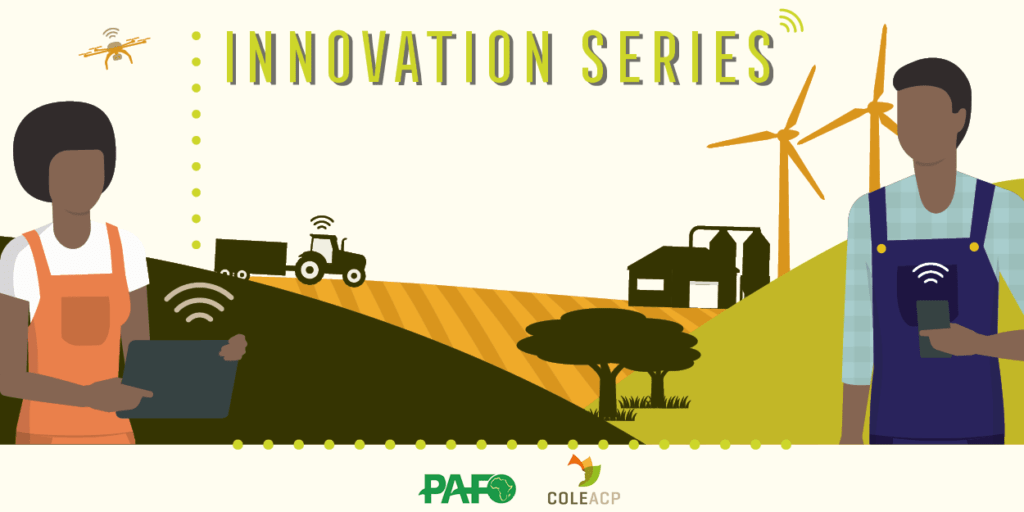
Despite numerous challenges, smallholder farmers and small and medium enterprises (SMEs) have unprecedented opportunities to supply local, regional and export markets. Innovation is a driving force in transforming food systems, promoting sustainable agriculture and leveraging investment. The private sector has a key role to play in shaping more sustainable, inclusive and profitable food systems, driven by innovation, knowledge co-creation, and support for a green transition.
In the context of implementation of the African Continental Free Trade Agreement (AfCFTA), and of booming African urban markets, many trade opportunities exist and will increase at local, regional and continental levels. These opportunities will have to be captured by the local private sector to increase employment, especially for youth and women.
With this background and willing to support farmers’ organisations, cooperatives and SMEs to seize opportunities in new markets and to establish key partnerships to strengthen their competitiveness, PAFO and COLEACP launched in 2020 a series of sessions on Innovations and successes of African farmer-led businesses and SMEs.
AfBC Africa Trade Conference 2021- Doing Business in Africa and Future Opportunities - 20 January 2020 (online event)
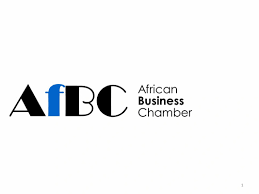
Covid-19 has undoubtedly disrupted the global economies, trade landscape, supply chains, markets, consumer confidence and business models which will create a lasting economic consequences. The vulnerability of major economies has risen as growth slowed and various countries are now less able to absorb shocks. The global trade Partnership Arrangements (EPAs), investment relations and WTO are in transition.
These economic trends and indicators are undoubtedly great opportunities for global economies, companies and investors to establish alternative economic and investment relations and to unlock market opportunities in the African region for growth. US Prosperity Africa Programme, the UK Transition and Africa Continental Free Trade Area (AfCFTA) are the many initiatives and trends that will harness the many prevailing opportunities in the region.
L'industrie face au défi de la transition énergétique et climatique - 13 janvier 2021 (online event)
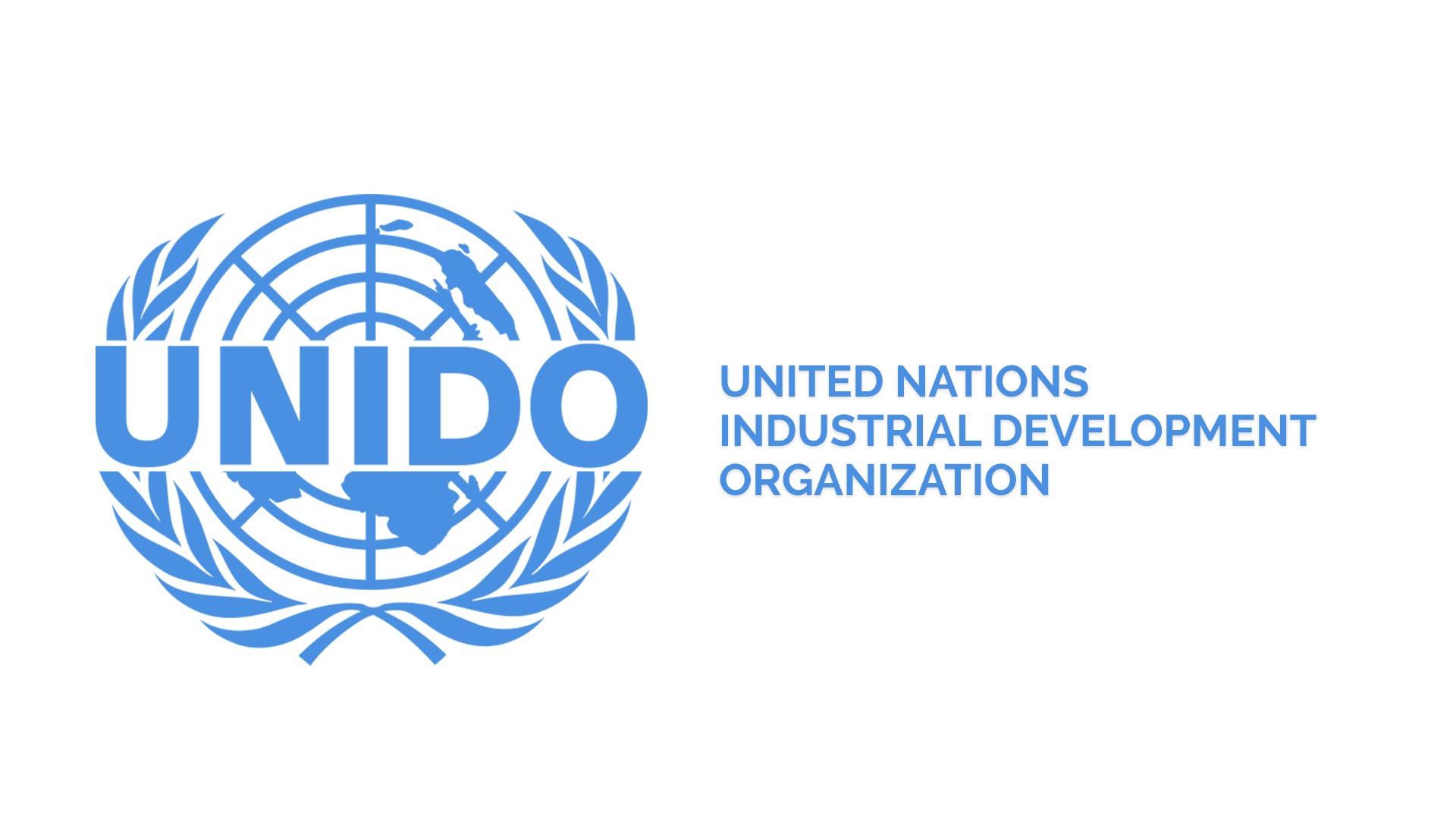
Dans le cadre du cycle de conférences-débats organisé par l’Association Pour les Nations Unies (APNU) sur l’action des Nations Unies face aux défis énergétique et climatique, cette conférence, co-organisée avec le bureau de l’ONUDI à Bruxelles, se penchera sur les actions de l’ONUDI ainsi que sur celles de l’industrie européenne en particulier.
Quelles sont les perspectives du recours croissant aux sources d’énergie renouvelables ? Et dans les modes de production plus propres, plus efficients, plus recyclables, plus durables ? Quelles sont les programmes et les innovations technologiques de l’industrie permettant de réduire les émissions de gaz à effet de serre (GES) ? Quels sont les atouts et la valeur ajoutée du multilatéralisme et de la coopération internationale face à ces défis ? Comment contribuer aux Objectifs de Développement Durable des Nations Unies ? Quelle contribution pouvons-nous espérer du « Green Deal » de l’Union Européenne ? Et quelles contributions pouvons-nous attendre des acteurs de l’industrie ? Venez écouter et débattre avec nos experts.
Climate Ambition Summit 2020 - 12 December 2020 (online event)
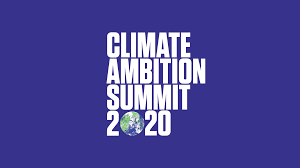
The United Nations, United Kingdom and France are proud to be co-hosting the Climate Ambition Summit 2020, in partnership with Chile and Italy. This is a monumental step on the road to the UK-hosted COP26 next November in Glasgow.
We are bringing leaders together who are ready to make new commitments to tackle climate change and deliver on the Paris Agreement, five years since it was adopted on December 12, 2015.
Leaders across government, business and civil society will gather for this online summit as the world deals with coronavirus. But the science is as urgent as ever and tells us that we need to limit the rise in global temperature to 1.5C degrees. We know climate change will not wait. Action must be taken now, together, for our planet, so we can build back better.
At the Climate Ambition Summit 2020, countries will set out new and ambitious commitments under the three pillars of the Paris Agreement: mitigation, adaptation and finance commitments. There will be no space for general statements.
EU: AFRICA THE POST CRISIS JOURNEY - 10-13 December 2020 (online event)
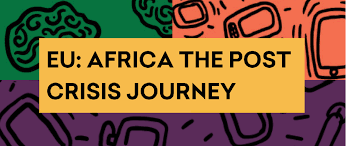
African-European online hackathon program to find innovative solutions to socio-economic problems that have been further escalated by the outburst of the COVID-19 pandemic.
When we first started #euafricathejourney, we never thought that we would meet that many amazing and inspiring people along the way. That is why we decided, that on top of the hackathon we will also put together an online conference- with many of these wonderful people featured as speakers. Have a look at the agenda and book your calendars for 4 days of inspiring talks and discussions on the topics of education, food security, job security, vulnerable populations, health and wellness, financial services, big data, cybersecurity, digital economy, e-Governance, and smart cities. All available online and free!
African Trade Report Launch 2020 - 15 December 2020 (online event)
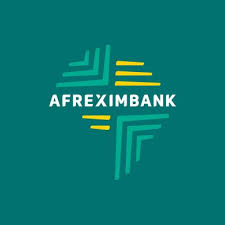
About this Event
Why you should attend
Published every year by African Export-Import Bank(Afreximbank), the African Trade Report is one of the key publications to understand Trade in the African continent. Ahead of the implementation of the African Continental Free Trade Agreement, the need to understand the various drivers of trade has never been more pressing.
This event will offer unique insights into:
- The contents and findings of the 2020 African Trade Report
- What will be the long term consequences of COVID-19 on Trade
- The importance of Informal Cross Border Trade
- AfCTA and overall impact on intra-continental and intra-regional Trade




